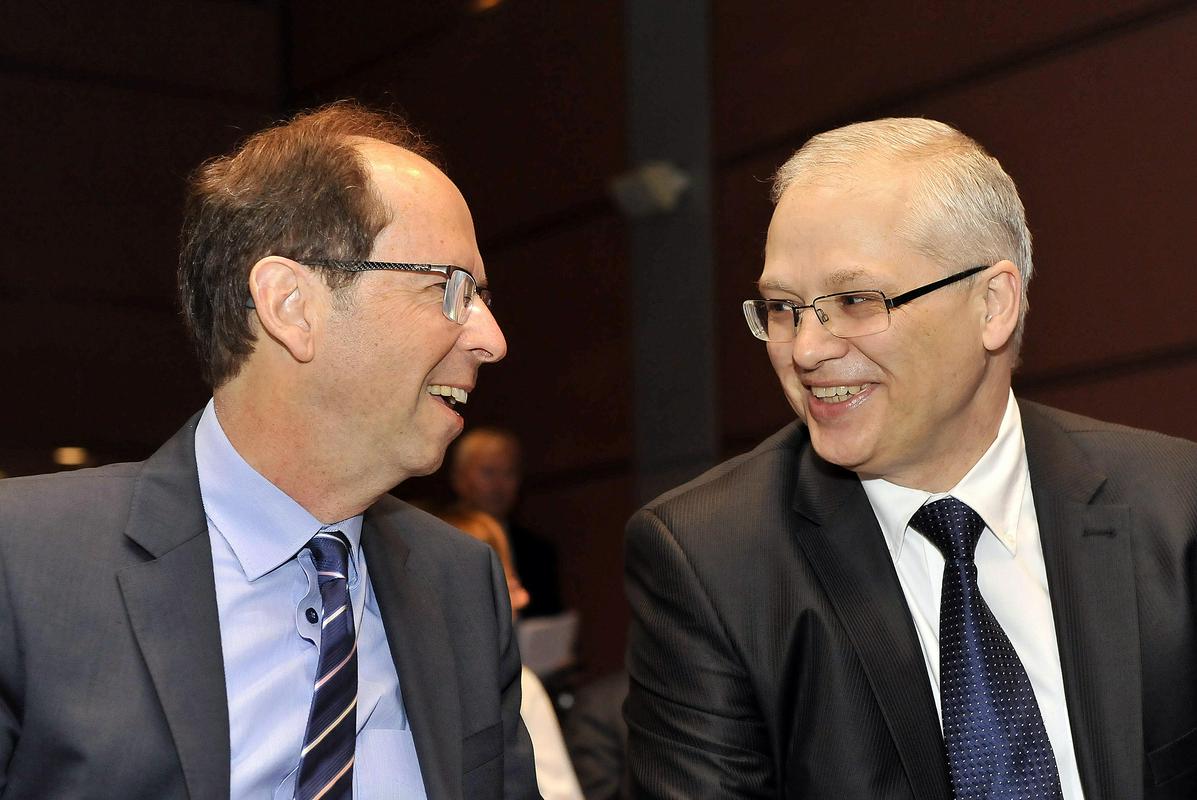
According to Mramor, the state holds assets in telecommunications and energy, which is typical of OECD countries. The finance ministry will use a classification system based on three criteria: existence of monopolies, network influence of companies, and strategic goals of the state in certain sectors or the entire economy.
Privatization is always a hot-button issue, but "pro-privatization sentiment is at an all-time high in Slovenia," the Minister said, referencing public opinion polls. He stressed that the whole coalition supports privatization efforts.
Mramor said that transparency is paramount in privatization procedures, adding that a suitable ownership model needs to be found for enterprises that will remain state-owned. "The issue is not just whether or not to sell," he said, warning that Slovenia needs flexibility and several ownership models – depending on the company or sector in question.
SSH (Slovenia Sovereign Holding) board member Matej Runjak agreed with Mramor: "To a certain degree, the State Fund can manage state-owned companies efficiently, but the number of these companies is just too high." He assured the audience that the SSH strives to maintain transparency and follow procedures that are in line with international standards. "We are learning from our mistakes," Runjak admitted, highlighting that the SSH has already managed to improve staffing practices in state-owned companies. "There is much less political staffing now," Runjak stressed.
Central bank Governor Boštjan Jazbec pointed to staffing gaps. He said that Slovenia does not have enough qualified experts to serve on the boards of state-owned banks: "We don’t have the necessary human resources to run our banks."
Mramor disagreed, saying that Slovenia has gone from one extreme to another: "In the past, everyone was good enough. Nowadays, no-one is." He says that we have good and trustworthy experts, but we also need to set out clear objectives. "I think corporate governance works best if we have both foreign and domestic experts," he concluded.
G. C.; translated by D. V.

































































